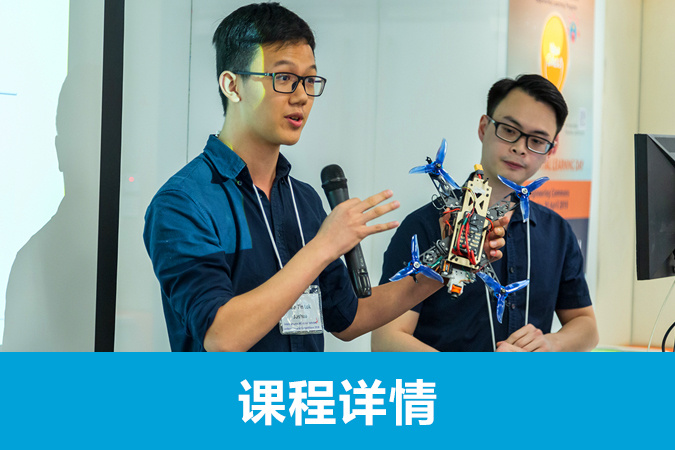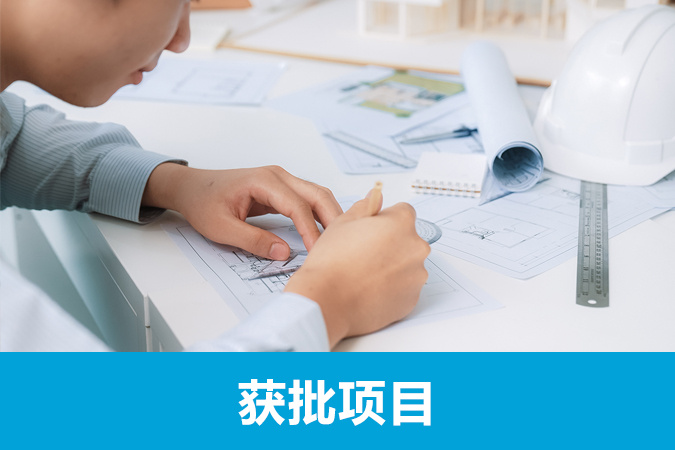混合式/体验式学习
课程
以下课程备有混合式学习版本,由负责教授提供。
| Course Code |
Course Title |
|
BIEN 2310 / CENG 2310 |
Modeling for Chemical and Biological Engineering |
| CENG 2210 | Chemical and Biological Engineering Thermodynamics |
| CIVL 3310 | Structural Analysis |
| COMP 1001 | Exploring Multimedia and Internet Computing |
| COMP 1022P | Introduction to Computing with Java |
| COMP 3111 | Software Engineering |
| COMP 4431 | Multimedia Computing |
| ELEC 1200 | A System View of Communications: From Signals to Packets |
| ELEC 2100 | Signals and Systems |
| ELEC 2100H | Honors Signals and Systems |
| ELEC 3500 | Integrated Circuit Devices |
| ELEC 4820 | Medical Imaging |
| ENGG 1100 | First Year Cornerstone Engineering Design Project Course |
| IEDA 3270 | Data-Driven Quality Technology |
| MECH 3420 | Engineering Materials II |
| MECH 3830 | Laboratory |
课程
CENG 3150 Integrated Chemical Process and Product Design [5 Credits]
Conceptual design of chemical processes and products. Integration of prior knowledge in the execution of a structured design project, under the direct guidance of faculty. Project topics encompass both process and product design with different emphases. Design tasks include literature and market survey, ideation, feasibility and viability studies, prototyping and/or simulation, unit operation or component design, planning and project management, and societal and environmental impact assessment. Emphasis on the design process, hands-on experimentation, teamwork, and self-learning.
COMP 1943 Creative Sound and Video Design [3 Credits]
The experiential project course will provide hands-on experience in creating music videos and movie/game trailers by creatively remixing music, recutting video, and applying effects. It will provide a creative outlet where students can apply their problem-solving skills in a deep and engaging way to create music remixes, mashups, character videos, and reimagined video stories. It will also give students a chance to work with emerging video technologies. Whether students have music and video editing background or not, this course will provide them a chance to create like a sound designer, video editor, and director. For each of their music video creations, students will also create a behind the-scenes commentary video that describes what they did and how they did it. They will share their creations and commentaries in class, and learn from and be inspired by one another.
COMP 4441 Music Video Creation [3 Credits]
This experiential project-oriented music and video technology course will provide hands-on experiences in creating music videos and movie/game trailers by creatively remixing music, recutting video and applying effects such as time and frequency distortion, time warping, reverse, filtering, and phasing. Students will create music remixes, music/video/actor mashups, and plot twists in their music video storytelling. It will give students a chance to work with emerging video technologies such as deepfakes. Whether students have music or video background or not, this course will provide them a chance to create like a sound designer and director. For each of their music video creations, students will also create a behind-the-scenes commentary video that describes what they did and how they did it. They will share their creations and commentaries in class, and learn from and be inspired by one another.
ENGG 1300 Design Thinking for Health Innovation [3 Credits]
A project-based, experiential course that exposes students to the design thinking process for health innovation to address the real-world unmet needs in the society. The goal of this course is to develop students' communication, interpersonal, teamwork, analytical, design and project management skills through a multi-disciplinary, team-based design experience. The design thinking process modules: empathize, define, ideate, prototype and test, will be introduced and the students will learn experientially by applying these process modules to solve the health unmet needs they observe in real life. The students are required to report their progress throughout the semester. At the end of the course, they will showcase their prototype in a roadshow and submit their project report and reflection on their design journey. It is a common core course for students from different schools who have no background in design thinking or are looking for practical experience in design thinking.
ENGG 1400 Designing Your Life for Engineering Students [1 Credit]
Originated from Stanford University's Life Design Lab (Bill Burnett and Dave Evans), this course employs a method called "design thinking" to help students from any program develop a constructive and effective approach to finding and designing their vocation after university. Through small group discussions, in-class activities, personal reflections and individual coaching, this course teaches students to use design thinking to explore many of life's major challenges, such as pursuing careers they love and finding personal fulfillment. Topics include the integration of work and worldviews, ideation techniques, a portfolio approach to thriving, designing to increase balance and energy and how to prototype all aspects of students' life. The course also touches on the realities of engaging the workplace, and practices that support vocation formation throughout the career of students. The capstone assignment is the creation of an "Odyssey Plan" focusing on taking actions in 3-5 years following their graduation.
MECH 3907 Mechatronic Design and Prototyping [3 Credits]
This is an extended version of industrial training designed for MAE students. The course's aim is to broaden the professional and engineering interests of students by enhancing their practicum/team-based experience through initiatives different from those of traditional lectures and tutorials. The training is project-based to develop the students' knowledge/experience in designing and building a practical mechatronics system (formerly called Industrial Training). Students will work in teams to identify the needs for their designed prototype. Also, students will be given the opportunity to design and build various mechatronics components including electronic circuits, motors, sensors, etc. from CAD drawings, and practise their engineering knowledge through all laboratory sessions. The main goal is to develop and nurture skills in problem-solving, communication, interpersonal interaction, project and time management, etc. via the entire project.
MECH 4890 Introduction to Nanosatellite Engineering [3 Credits]
This course will introduce the fundamental concepts of CubeSat. In this experiential course, a number of labs have been prepared with a different focus on orbits dynamics, analysis of control and thermal subsystems. Every student should finish fundamental labs individually, and organize in groups to work on an advanced design topic. The course shall offer students with both hands-on experience software simulation and hardware implementation. The topics in this course are introduced with mathematical deviations and case studies. After taking this course, students are expected to acquire an understanding of the fundamentals of satellite engineering and more importantly a common sense in technical and managerial aspects of engineering design projects with focus on aerospace applications.



